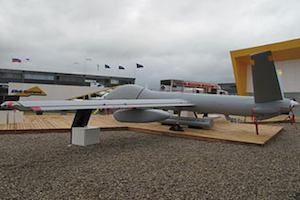Are Georgia-Azerbaijan Relations at Risk?
By Svante E. Cornell
July 30, 2019, the CACI Analyst
Azerbaijan and Georgia have enjoyed almost three decades of a strategic partnership that has shaped the geopolitical landscape of the whole greater Eurasia. Yet Azerbaijani-Georgian relations `have recently witnessed an unparalleled level of tensions. Ostensibly about a border demarcation issue, the slump in the relationship nevertheless derives in part from the effort of foreign powers to separate the two partners from each – willfully in the case of Russia, and inadvertently in the case of the West. It is time for both countries and their partners to pay attention to this crucial relationship.
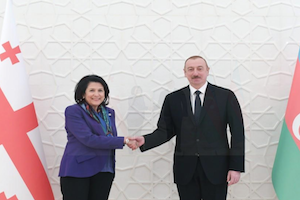
Why Washington Must Re-Engage the Caucasus
By Stephen Blank
July 8, 2019, the CACI Analyst
In late 2018, National Security Council Director John Bolton signaled a revived U.S. interest in the South Caucasus by visiting all three states of the region. While the outcome remains unclear, the visit itself clearly signaled a U.S. interest in reviving a robust presence in the Caucasus. Indeed, U.S. interest should not only stem from the Caucasus’ proximity to Iran and Russia, or considerations relating to energy flows to Europe. The Nagorno-Karabakh conflict between Azerbaijan and Armenia has seen repeated recent outbreaks of violence and the issues and alignments growing out of this conflict spill over into all the other issues pertaining to the Caucasus that justify a renewed U.S. presence. Regenerated U.S. action to help terminate the Nagorno-Karabakh conflict peacefully is necessary because of the visibly mounting frustration and despair in the war zone.
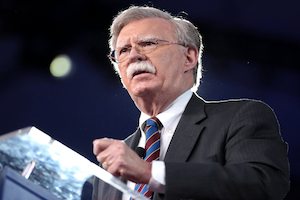
Armenia's Approach to Conflict Settlement Leads to Deadlock
By Ilgar Gurbanov
June 27, 2019, the CACI Analyst
The regime change in Armenia revived hopes in Azerbaijan that the new Armenian government would take a more proactive approach to the frozen settlement process of the Nagorno-Karabakh conflict. The latest meeting of Azerbaijan’s and Armenia’s leaders in Vienna promised humanitarian cooperation, yet the short-term silence on the frontline was soon broken by new ceasefire violations and counter-productive statements from the Armenian government. From Azerbaijan’s perspective, the building of trust required for a reinvigoration of the peace process requires steps such as the withdrawal of Armenian occupying forces from Azerbaijan’s territories, with a subsequent return of IDPs. Armenia’s overreliance on the status-quo creates systemic problems for the negotiations.
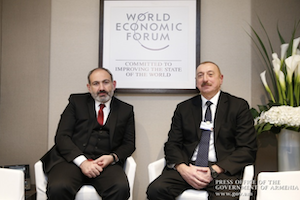
Azerbaijan's Defense Industry Reform
By Tamerlan Vahabov
May 7, 2019, the CACI Analyst
Azerbaijan’s centralized Ministry of Defense Industry (set up in 2005) has for now been dismantled and replaced by the Azersilah Corporation. For now, because the former ministry is “terra incognita” when it comes to its assets and liabilities. Depending on its indebtedness and liabilities, its corporate form may switch back to become a government agency. Yet regardless of its legal form, President Ilham Aliyev’s decree envisions corporatization, corporate management and sustainability of the defense industry product output. The twokey questions are how Azersilah will manage its relationship with newly emergent local companies in Azerbaijan’s defense industry market to attain financial stability, and how the new legal entity will contribute to a better alignment of its portfolio development with thearmy’s operational needs in the Nagorno-Karabakh conflict.
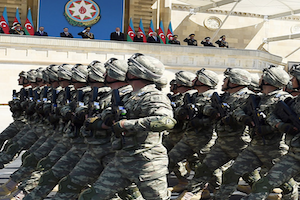
Military Procurements on Armenia's and Azerbaijan's Defense Agendas
By Ilgar Gurbanov
March 27, 2019, the CACI Analyst
In parallel with their peace talks on the Nagorno-Karabakh conflict, Azerbaijan and Armenia seek to diversify and deepen their partnerships with major arms suppliers. By diversifying its arms purchases from several different partners, Azerbaijan seeks to multiply its arsenal and retain a military advantage against Armenia, whose corresponding efforts aim to cement the status quo through military occupation of Azerbaijan’s territories. Both countries aim to maximize the tactical efficiency of their arsenals on the potential battlefield.
